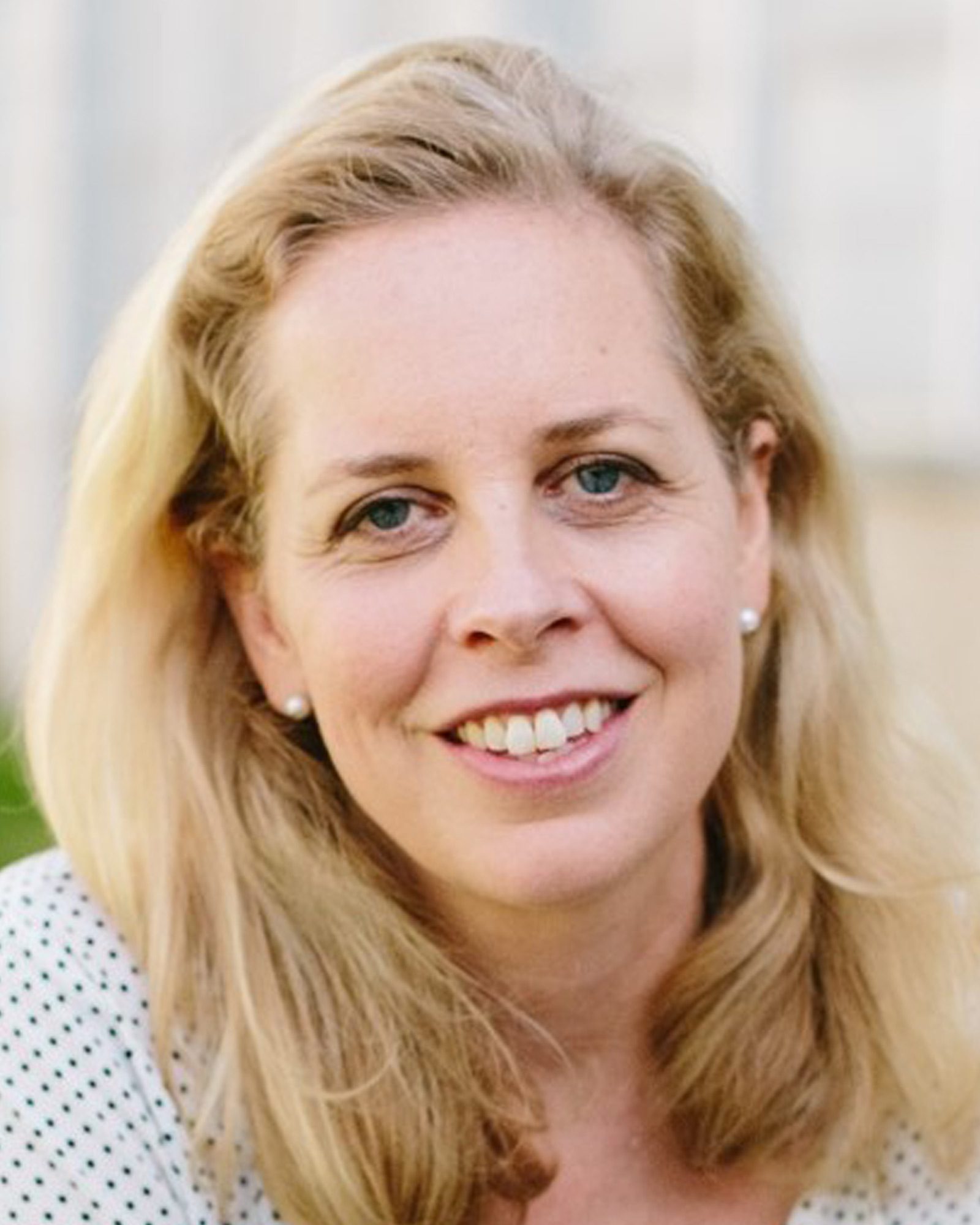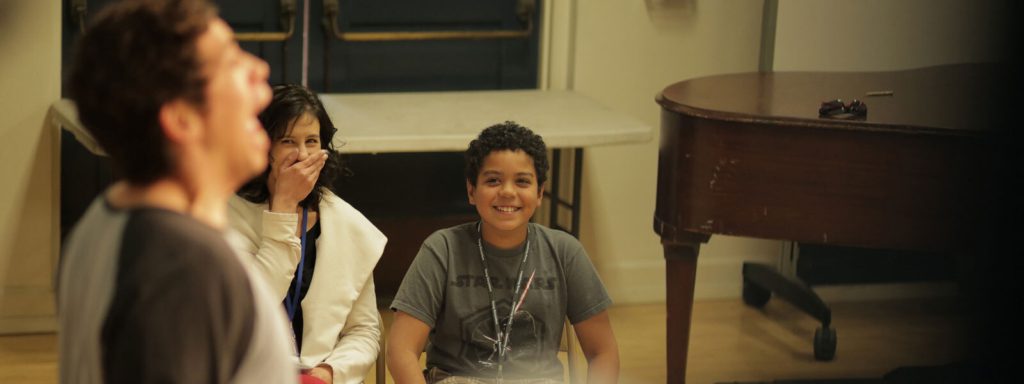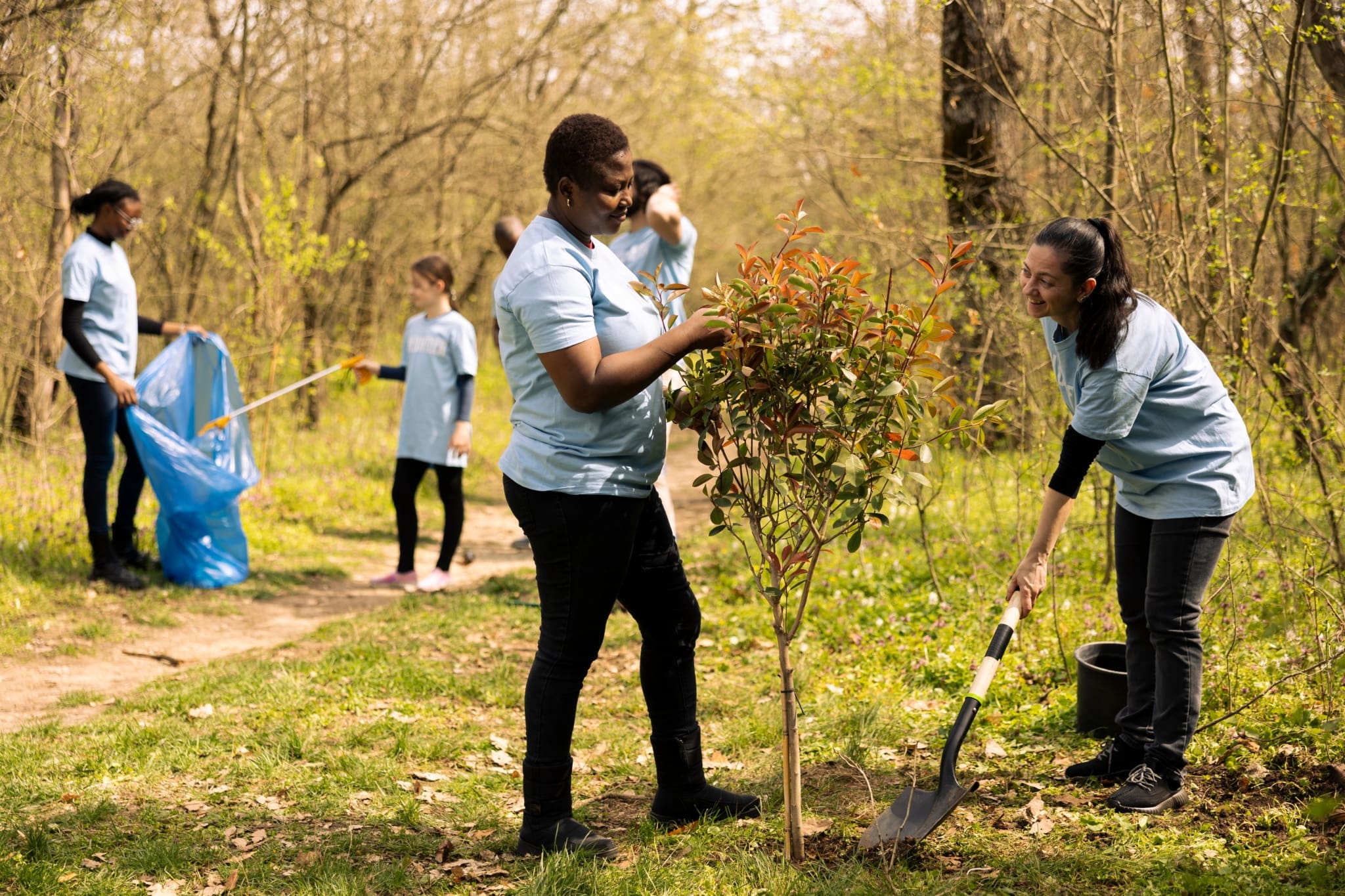Nicole Anderson, AVP of Corporate Social Responsibility at AT&T and President of the AT&T Foundation, oversees AT&T’s philanthropic budget, disaster relief and recovery, and CSR marketing and communications initiatives. She also is a member of Independent Sector’s Board of Directors. IS collaborated with the AT&T Foundation recently to bring 100 AT&T grantees into the IS membership community. Independent Sector President and CEO Dan Cardinali and Anderson connected recently about the work of the AT&T Foundation, its partnership with IS, and the importance of building community, nationwide.
DC: Tell us about AT&T’s philanthropic program and the focus of the AT&T Foundation’s funding priorities.

Nicole Anderson
NA: Our philanthropic efforts have long centered around education and fostering economic opportunity. Since 2008, we’ve committed $600 million to a wide range of programs aimed at helping students — particularly those in underserved communities — get the educational resources and job skills needed for success. The last year has shone a spotlight on the importance of these programs as COVID-19 exacerbated longstanding inequities in our society.
The global pandemic has shown how vital connectivity is, and particularly how crucial it is for successful learning. While the digital divide is not new, the critical need to stay digitally connected to our community, school, work, family, and friends has never been more pressing. Nearly 17 million children are unable to take part in digital learning because they don’t have an internet connection or device.
By building on our existing work in the education space, we were quickly able to pivot our social innovation work to meet the immediate need. Mere weeks after our country moved into lockdown, we launched the Distance Learning and Family Connections Fund to help keep students and families connected. Later in the year we announced a collaboration with Connected Nation to help bring connected devices and hotspots for K-12 schools and organizations helping our most vulnerable students.
COVID-19 has made clear that, collectively, we have more work to do to help ensure equitable outcomes and will continue to do our part to keep students connected. But we can’t do it alone. It will take a combination of corporate commitments, great nonprofits and government support to narrow and eventually eliminate the digital divide.
DC: The AT&T Foundation helped to support 100 grantees in joining and becoming members of Independent Sector last year. Why did you think that was a good strategic decision for the foundation?
NA: Independent Sector’s work to support and cultivate leaders and dynamic organizations aligns precisely with our values — to be there for our employees, customers and to the communities where we live and work. As we think about addressing long-standing social inequities and providing opportunities to those who have been impacted by the pandemic, we have looked to organizations who have a proven track-record and successful programs for their counsel and understanding.
Helping provide a community for our grantees through Independent Sector only furthers our efforts to build — and support — leaders in the drive to help more people succeed on the path to opportunity. We’re delighted for the 100 grantees who have become members of Independent Sector who have had the advantage of your expertise and been introduced to a community of peers to support their efforts.
DC: Last year was a tumultuous one and 2021 has begun with an additional new set of challenges. What kinds of opportunities do we find through partnerships like ours?
NA: One of the biggest takeaways we had over the last year was the criticality of staying true to the kind of work we already do. For us, connectivity is at the core of everything we do. When the pandemic struck, we were able to leverage a depth of knowledge, along with longstanding relationships to deploy the necessary resources in an expedited manner — we will only continue to do so in the future.
We also saw non-profits struggling to stay afloat with the increased demands for their services but a shrinking budget to address them. Providing our nonprofits with an IS membership was another way we could help sustain them during an incredibly trying year.
As we look at the work that lies ahead, public-private partnerships will be critical in our country’s recovery. For us, that starts with cultivating strong leaders and programs who can help expand student connectivity. The work IS does to provide community leaders with what they need to succeed now and well into the future will help communities in their recovery.
DC: Thank you for your collaboration and leaning in to building community with us. Is there anything else you’d like to add?
NA: I would just add that, as a modern media company with a global presence — from the largest cities to the smallest towns — we believe that it’s incumbent upon us to be a catalyst for change, helping to provide access to education and the training that people need to thrive. As I’ve said before, we can’t solve social inequities alone, we need a strong community of civic and corporate leaders to do so. We know Independent Sector shares that vision and mission and we are proud to be working with you to build a strong civil society where everyone can thrive.
As AVP of Social Innovation and President of the AT&T Foundation, Nicole Anderson oversees AT&T’s philanthropic initiatives. Through these initiatives and partnerships, AT&T and the AT&T Foundation support projects that create opportunities, make connections, and address community needs. The top photograph is by David Luce and courtesy of Young Storytellers, an Independent Sector member and part of the AT&T Foundation cohort. Learn about other Independent Sector members and becoming a member.



